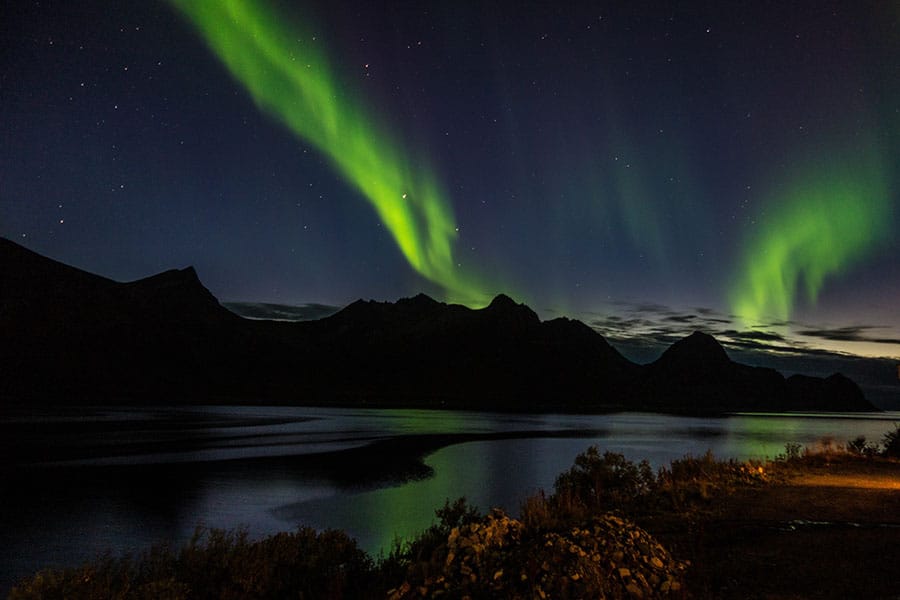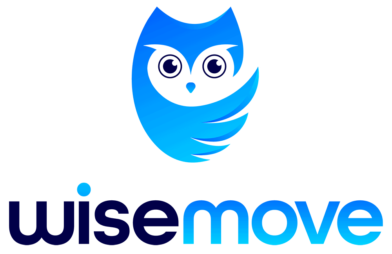Moving to Norway from Dubai in 2021 takes careful preparation and attention to details and documentation. We provide everything you need to know before moving from Dubai to Norway. Start your move today by obtaining up to 6 competitive moving to Norway quotations FREE.
Located on the western side of the Scandinavian peninsula, Norway is considered one of the most picturesque countries in the world. The sparsely populated country consists of mountains, forests, rivers and lakes. With a coastline of more than 2700 kilometers, Norway is famous for its spectacular fjords, many of which are over 100 kilometers long.
For centuries Norway’s chief economy was based on fishing; however, the discovery of offshore oil in the ‘60s lead to a huge boom and Norway is now the 12th largest major oil exporter in the world.
Norway’s climate differs considerably with the South and West of the country experiencing warmer summers and milder winters. However, Atlantic storm fronts bring these areas more rainfall. The East and North of the country endure much colder winters.
Also, Norway’s high latitude brings significant variations in daylight hours that take a bit of getting used to. In early summer, in areas north of the Arctic Circle, the sun does not set below the horizon, which is where the moniker “ The land of the midnight sun” originates.
Even in the more urbanised southern and western areas of the country, summer can see as much as 20 hours of sunlight, with winters yielding less than 5 or 6 hours of light.
Expats in Norway will find themselves in a country which is, and there is no way around it, very expensive. However, this is balanced by a thriving economy with generally very well paid jobs, excellent public services and a very high standard of living and general quality of life.
Norway ranks very high in virtually every list and index from the World Bank (4th highest GDP) to ranking first on the World Happiness Report and the OECD better life index. Norway also has the highest sovereign wealth fund, which exceeds one trillion US Dollars.

With the petroleum industry accounting for a quarter of the country’s GDP, many of the countries ex-pats are employed in the oil and gas sector, particularly those based in Stavanger and Bergen.
In most major cities, ex-pats may find speaking English is easier than one might expect. The business language in the urbanised areas is often English.
Whilst most ex-pats may find the cost of living quite reasonable, it is important to ensure employers are able to provide you with a good real estate agent at a minimum. Good housing is in very high demand. It is also worth trying to visit India ahead of the move so you have a chance to view some potential areas, properties and schools ahead of the move.

The famed Northern lights, set over mountains on a semi-frozen ocean - Aurora Borealis, Lofoten islands.
A meal at a standard restaurant is likely to cost roughly USD 30-40 per person with a beer priced around USD 10 and soft drinks around USD 3.75 per can.
A reasonable bottle of wine costs approximately USD 18 and a coffee typically sets you back around USD 5. At the local supermarkets a loaf of bread is priced around USD 3.10, a liter of milk approximately USD 2.20 and a dozen eggs roughly USD 4.10.
Public transport in Norway, in general is excellent. A monthly pass in a major city is likely to cost around USD 85. Taxis start around is USD 12 and then around USD 1.80 per kilometer thereafter. Petrol is relatively expensive at around USD 1.90 per liter.
Accommodation is expensive, although a little higher in Oslo. A typical 1-2 bedroom apartment in a prestigious area of a major city would be approximately USD 1700 per month. Less desirable areas would reduce monthly rent to around USD 1200. A typical house would cost around USD 2500 per month.
Basic utilities for an average two-bedroom apartment will be around USD 175. Prepaid mobile phone charges are approximately USD.20 per minutes and extremely fast broadband internet is roughly USD 45 per month.
All children who are citizens and legal residents are eligible for free public education in Norway.
Private schools are available, but can be quite expensive. The main reason to send an expat child would be language, where Norwegian would not be the first language and where the child is unlikely to remain long-term in Norway.
Healthcare in Norway is of a very high standard, however it is not completely free as some people may think. It is true that anyone under the age of 16 is entitled to free health and dental care provided they are a Norwegian citizen or are a permanent resident.
Anyone else who spends more than one year in Norway is expected to pay into the NIS – National Insurance Scheme. This entitles everyone to heavily subsidized healthcare and once a certain financial limit is exceeded a ‘Free Card’ (Frikort) is issued and then routine medical treatment is provided free for the remainder of the financial year.
Like many European countries you need to be registered with the government in order to be assigned to a GP. In order to be seen by most specialists a referral is required by your GP.
Dental healthcare (for anyone over the age of 16) is not free and is paid in full by the individual. Employers may contribute or cover these costs, but it is a case-by-case basis.
Private insurance and healthcare is becoming increasingly popular with many people living in Norway. There are many reasons for this including, shorter wait times, easier access to specialists and the inclusion of dental coverage. It is also noticeable that Norway is increasingly servicing the medical tourism sector. This is due to prices, which compete favorably with the US and the UK.
When moving to Norway from Dubai, importation of Household Goods and Personal Effects
Useful link(s);
Note: This document is provided as a guide for people moving to Norway from Dubai, UAE and for information purposes only. Customs regulations can and do change at any time, usually without notice. Your mover will provide you with more information.
